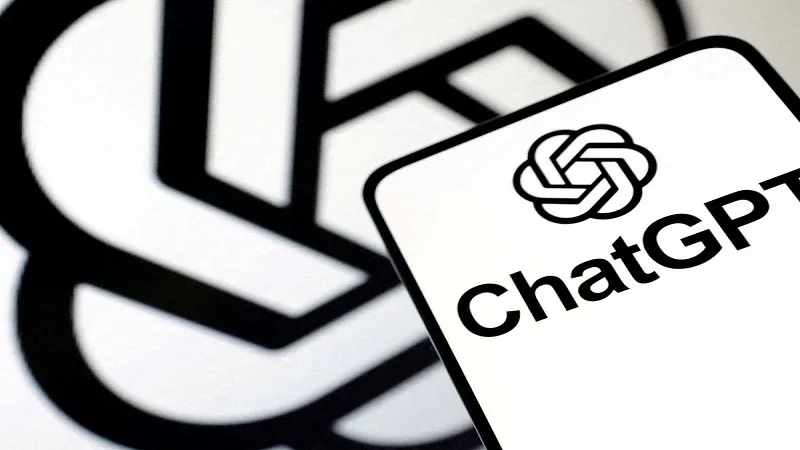The European Union has reached a preliminary agreement that establishes restrictions on the operation of advanced artificial intelligence models, such as the well-known ChatGPT. This agreement represents an essential part of the world‘s first comprehensive artificial intelligence regulation.
According to an EU document seen by Bloomberg, all developers of general-purpose AI systems, that is, powerful models with a wide range of applications, will have to comply with basic transparency requirements, unless they are free and Open Source.
You may be interested in: They seek to create an alternative to the Panama Canal for commercial transportation
These requirements include:
Have an acceptable use policy
Maintain up-to-date information on how you trained your models.
Report a detailed summary of the data used to train your models.
Have a policy to respect copyright law.
Models deemed to pose a “systemic risk” will be subject to additional rules, determined by the EU based on the computing power used in training the model, setting a threshold on those models using more than 10 trillion trillion operations per second, a category that would currently only fit OpenAI’s GPT-4 model, according to experts.
These highly capable models will have to sign a code of conduct while the European Commission works on more harmonized and lasting controls. Those who do not sign will have to demonstrate to the commission that they comply with the AI Act. The exemption for open source models will not apply to those that are considered a systemic risk.
Additionally, these models will need to report on their energy consumption, perform red team or adversary testing, assess and mitigate potential systemic risks, ensure the use of appropriate cybersecurity controls, report on information used to tune the model and system architecture. , and meet more energy efficient standards.
The provisional agreement is still pending approval by the European Parliament and the 27 EU member states. Despite the historic regulation, there have been expressions of concern, especially from France and Germany, about the possibility of applying too much regulation to general-purpose AI models and the risk of affecting European competitors such as France’s Mistral AI or Aleph Alpha from Germany.
can read: Russian Senate voted in favor of presidential elections
